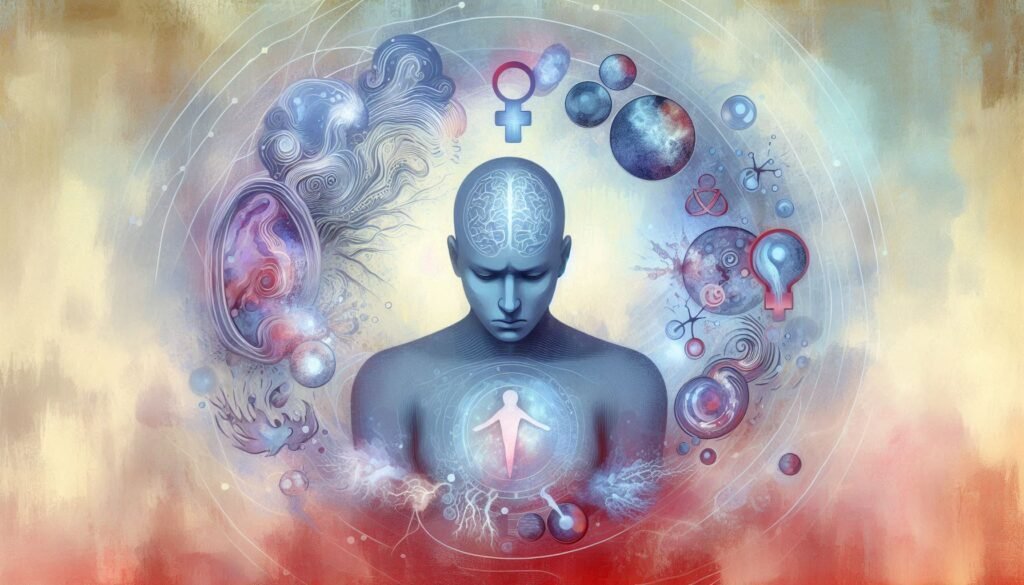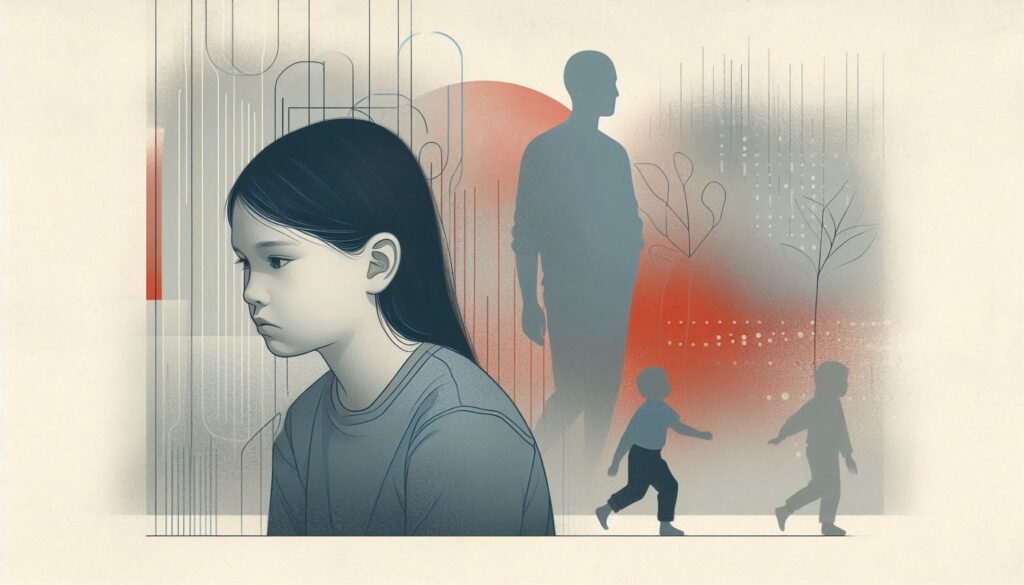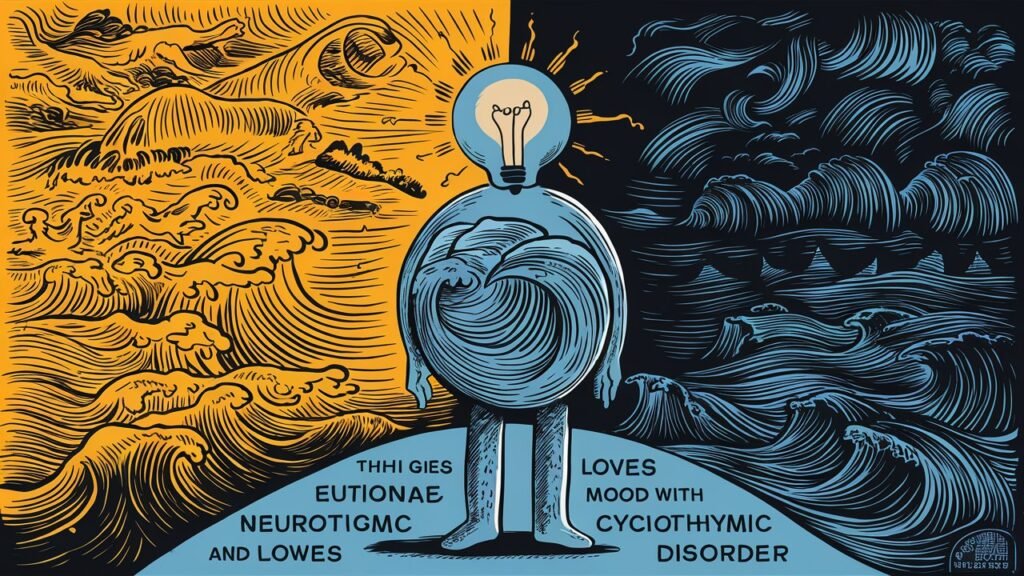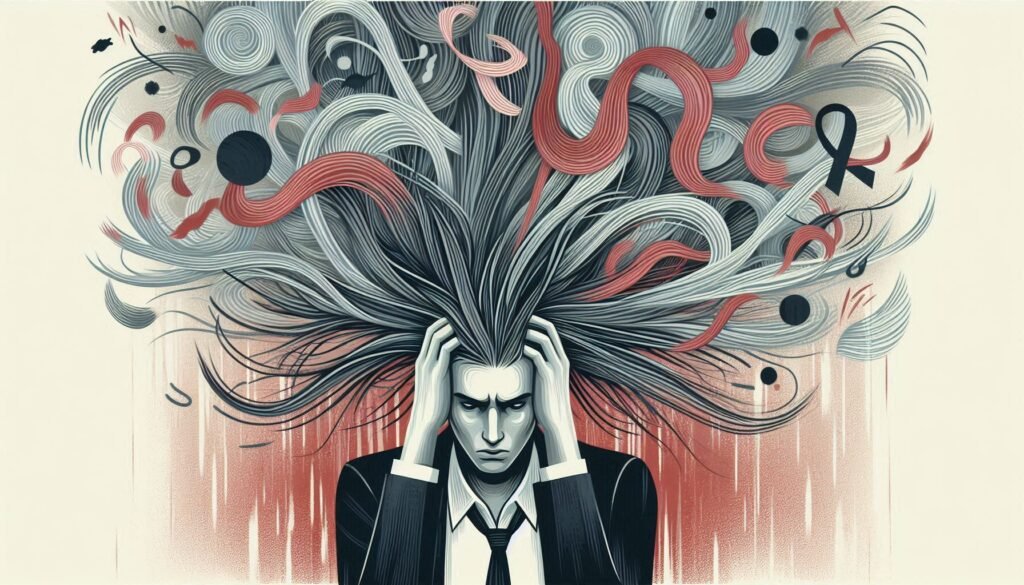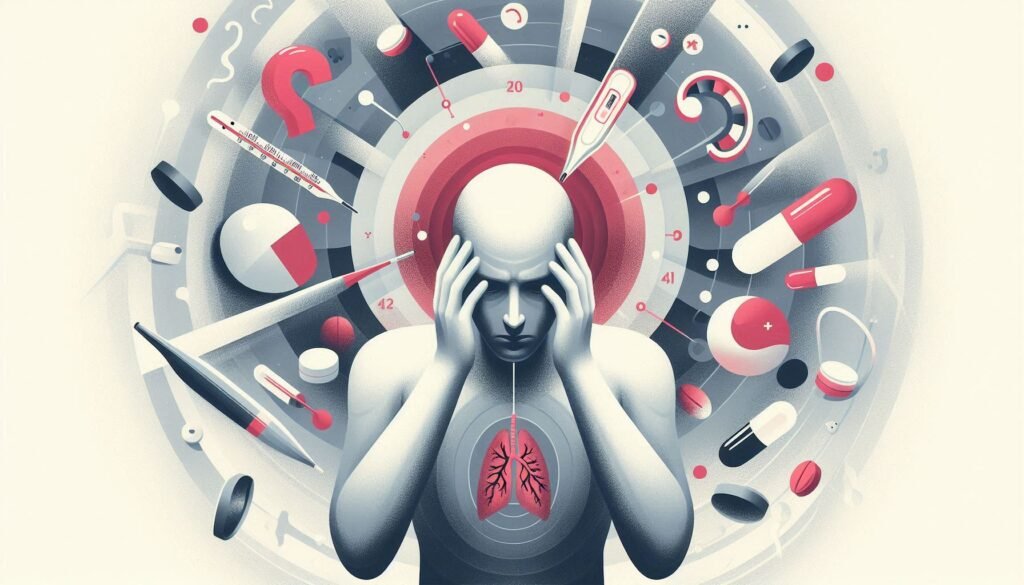Neuroticism and Premenstrual Dysphoric Disorder: Navigating Hormonal Turbulence
Hormonal fluctuations can feel like a rollercoaster ride, especially for those navigating premenstrual dysphoric disorder (PMDD). This condition affects a significant number of women, leading to debilitating emotional and physical symptoms in the days leading up to their period. But what if your personality traits could influence how you experience PMDD? Neuroticism, characterized by heightened […]
Neuroticism and Premenstrual Dysphoric Disorder: Navigating Hormonal Turbulence Read More »

